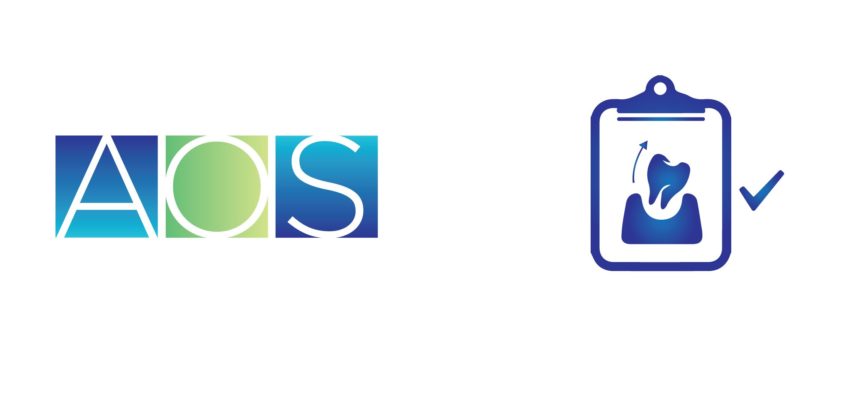After tooth extraction, it’s important for a blood clot to form to stop the bleeding and begin the healing process. That’s why we ask you to bite on a gauze pad for 45 minutes after the appointment. If the bleeding or oozing persists, insert another gauze pad and bite firmly for another 30 minutes. You may have to do this several times.
- Do not rinse or spit for 24 hours after surgery.
- Keep your fingers and tongue away from the socket or surgical area.
- Use ice packs on the surgical area (side of face) for first 48 hours; apply ice 20 minutes on and 10 minutes off. (Note: Bags of frozen peas work well.)
- For mild discomfort, take Tylenol® or ibuprofen every 3–4 hours.
- For severe pain, use the medication prescribed to you.
- Drink plenty of fluids. (Do not use a straw — this creates suction in the mouth that could cause complications.)
- We suggest that you do not smoke for at least 5 days after surgery.
- Avoid strenuous activity and do not exercise for at least 3–4 days after surgery. After that, be careful — your regular caloric and fluid intake have been reduced, so you may get light-headed, dizzy, or weak.
- If the muscles of the jaw become stiff, chewing gum at intervals will help relax the muscles, as well as the use of warm, moist heat to the outside of your face over these muscles.
- After the first post-operative day, use a warm saltwater rinse following meals for the first week to flush out particles of food and debris which may lodge in the surgical area. (Mix a 1/2 teaspoon of salt in a glass of warm water. Mouthwash can be added for better taste.)
- Your diet should consist mainly of soft, easily swallowed foods and cool drinks. Avoid anything that might get stuck in your teeth, so no seeds, nuts, rice, popcorn, or similar foods.
